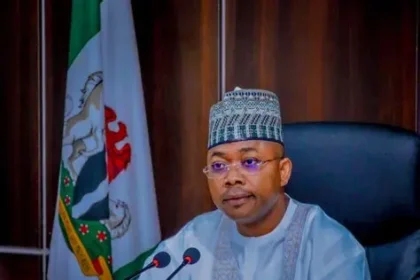As the global importance of English continues to grow, bridging linguistic gaps becomes paramount for countries seeking active participation in international affairs.
While many African nations have embraced English as an official language, the journey towards achieving proficiency is far from uniform. Over time, it has proven to be a nuanced endeavour, influenced by diverse linguistic landscapes and the prevalence of other dominant languages.
A recent English Proficiency Index (EPI) published by EF Education First, an international education company that specializes in language training, educational travel, academic degree programs, and cultural exchange, scrutinized the English-speaking prowess of nations worldwide.
The countries in the ranking are considered non-native English speakers, and the data comes from assessments of 2.1 million adults across 111 countries. They are further categorized into five tiers of proficiency: very high, high, moderate, low, and very low.
South Africa shines as a high-level English speaker in Africa, joining the ranks of top-tier countries like the Netherlands, Singapore, Austria, Norway, and Denmark.
However, some countries find themselves in the very low category. These countries present a unique linguistic landscape where English may not be as widely spoken or understood.
Below are the 10 least proficient English-speaking countries in Africa:
| 1 | Democratic Republic of the Congo | 113 | 385 |
| 2 | Libya | 110 | 392 |
| 3 | Rwanda | 109 | 405 |
| 4 | Côte d’Ivoire | 107 | 409 |
| 5 | Somalia | 105 | 411 |
| 6 | Benin | 101 | 416 |
| 7 | Angola | 101 | 416 |
| 8 | Sudan | 97 | 430 |
| 9 | Senegal | 94 | 438 |
| 10 | Cameroon | 94 | 438 |







